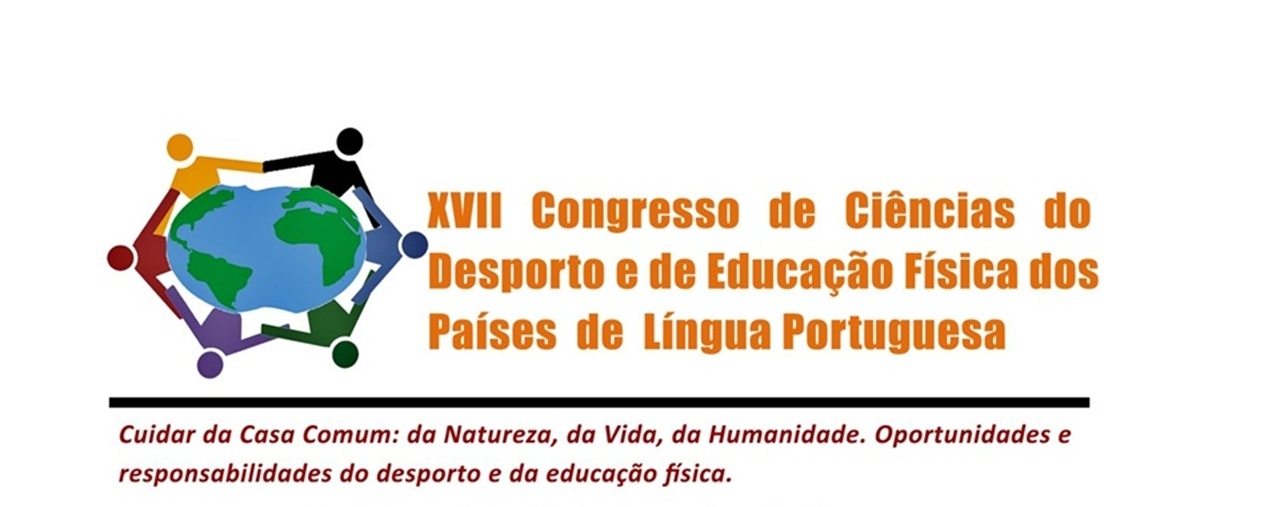Livro didático em educação física: as experiências públicas de João Pessoa e do Paraná
DOI:
https://doi.org/10.6063/motricidade.16241Resumo
No cotidiano escolar, comumente utilizado em vários componentes curriculares, o livro didático aparece como um dos materiais possíveis para auxiliar o exercício docente. Tal recurso, utilizado tanto para o docente quanto para o estudante, permite um encadeamento do que deve ser pauta nas relações educativas, através de propostas de atividades e textos que norteiam discussões, vivências e pesquisas. Foi no Estado do Paraná o pioneirismo na produção do livro didático público para a Educação Física escolar, uma iniciativa similar encontrada no Nordeste, é a publicação do Livro Público do Município de João Pessoa, capital da Paraíba. A pesquisa tem o objetivo principal de analisar os livros didáticos para o ensino da Educação Física escolar desses dois sistemas públicos de ensino, que contemplam níveis de ensino diferentes e representativos para a área de atuação profissional, considerando as configurações das obras e seus conteúdos. Com o caráter qualitativo, a pesquisa se encaminha para as discussões a partir da análise de conteúdo proposta por Bardin (2011). Por terem a característica da disponibilidade online podem servir de material de apoio para outros professores de outros sistemas de ensino, não exclusivamente para aquele espaço geográfico que foi primeiramente pensado e escrito.
Downloads
Publicado
Edição
Secção
Licença
Os autores dos manuscritos submetidos para publicação deverão ceder, a título integral e permanente, os direitos de autor (copyright) à revista Motricidade e às Edições Sílabas Didáticas. A cedência de direitos de autor permite a publicação e divulgação do artigo em formato impresso ou eletrónico e entrará em vigor a partir da data de aceitação do manuscrito. Os autores concedem, ainda, os direitos para a revista Motricidade utilizar e explorar o respetivo artigo, nomeadamente para licenciar, ceder ou vender o seu conteúdo a bases de resumos/indexação ou outras entidades.
Nos termos da licença “Creative Commons”, os autores poderão reproduzir um número razoável de exemplares para uso pessoal ou profissional, mas sem fins comerciais. Nos termos da licença SHERPA/RoMEO, os autores poderão, ainda, disponibilizar/arquivar uma cópia digital final (versão postprint) do artigo no seu website ou no repositório científico da sua instituição.


